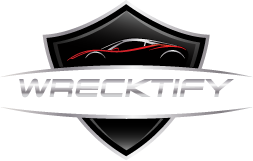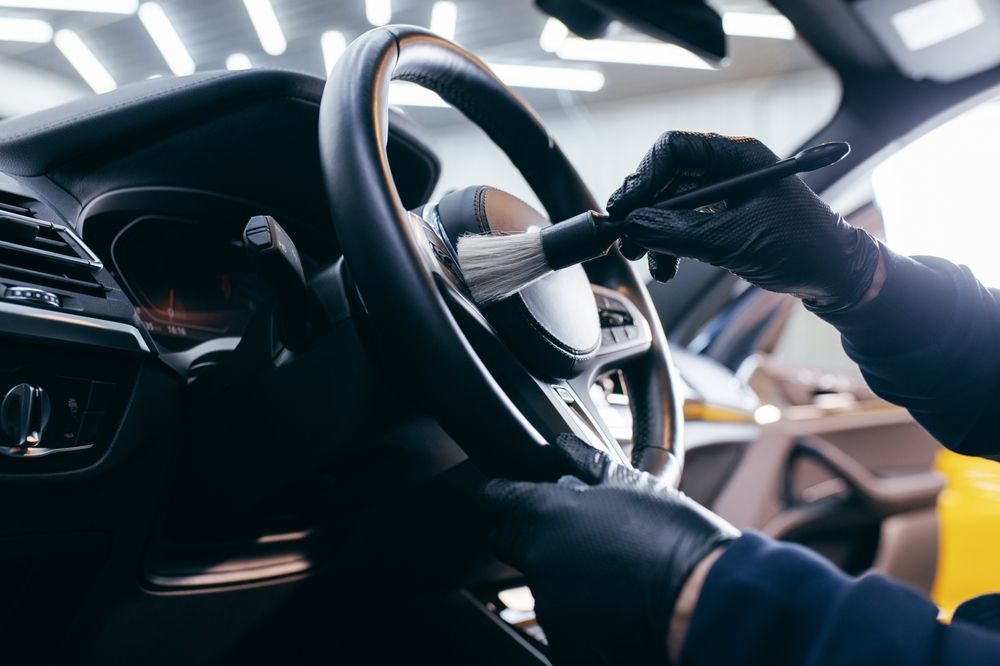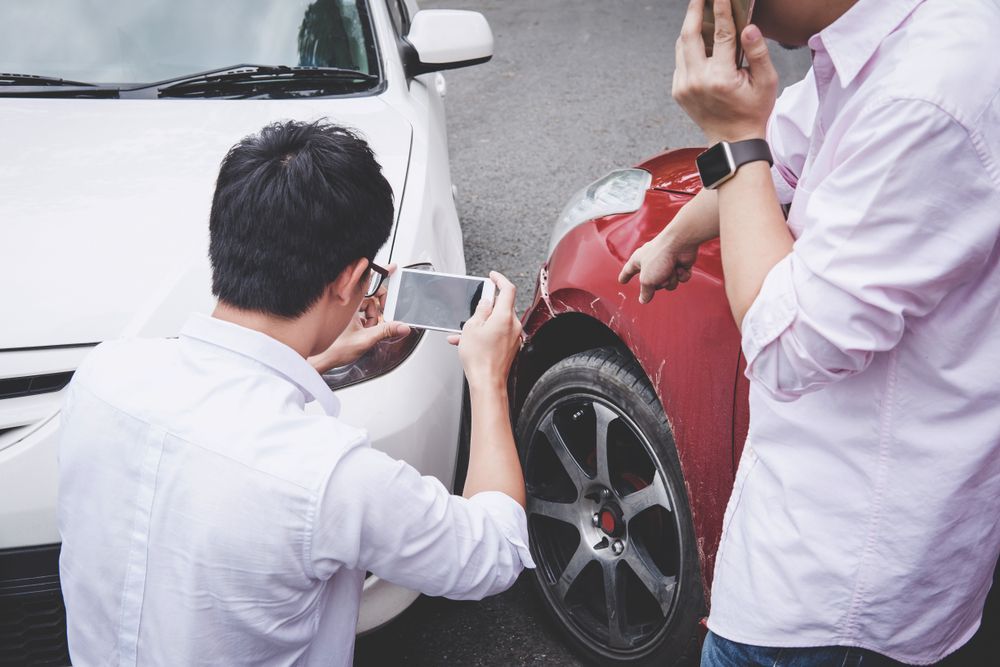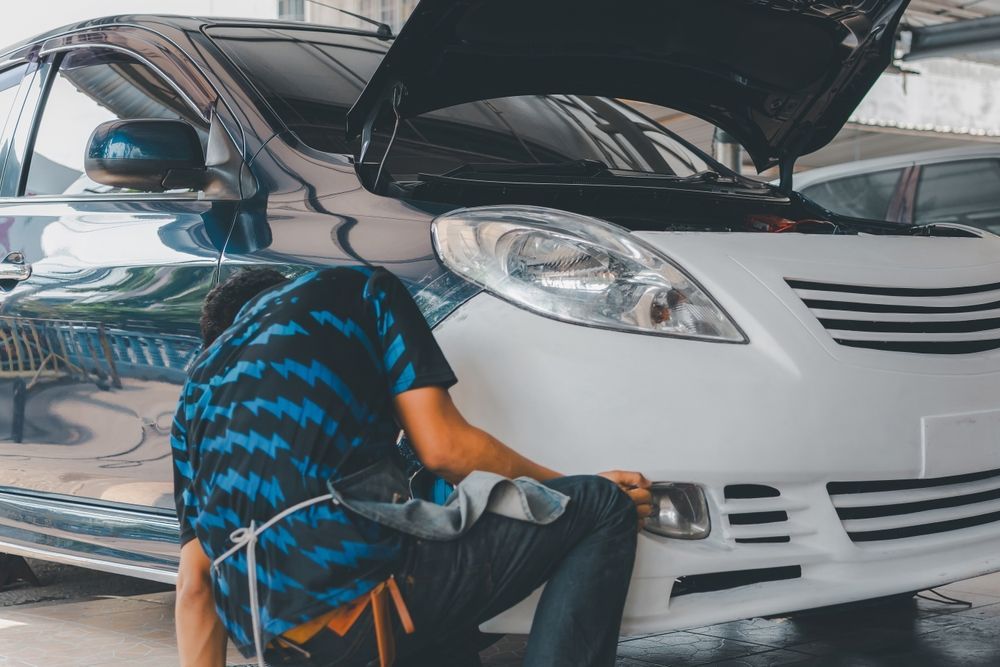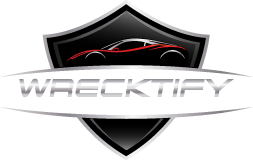Salt Damage to Cars: Tips for Winter Protection
Share this article:
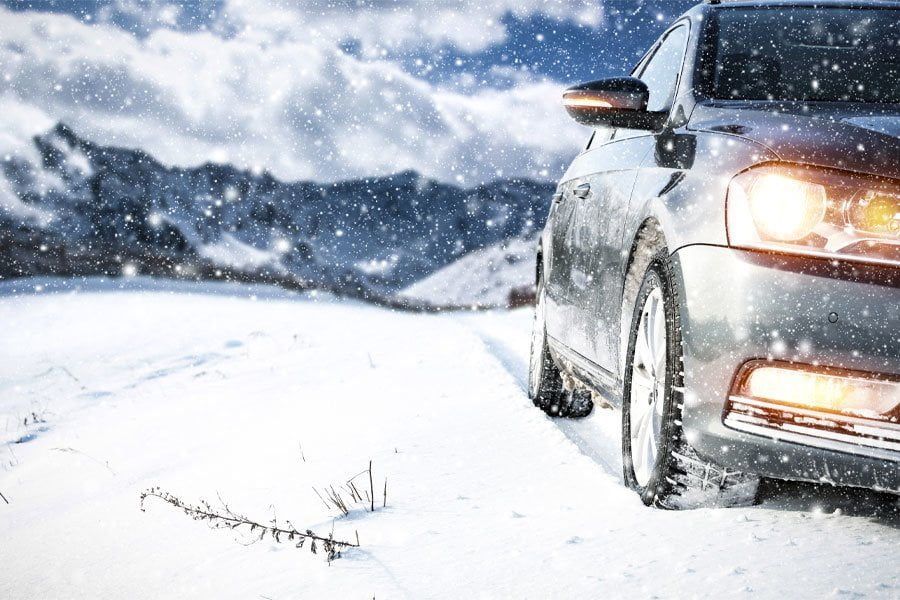
Unless you’re fortunate enough to live in a part of the world that doesn’t drop to bitterly cold temperatures for three to five months a year, you’re probably familiar with road salt. The pleasant whirl of salt trucks on a snowy evening is a staple of northern life. Road salt is obviously quite helpful—no one likes spinning out on a turn—but you might wonder, does road salt damage car paint?
What is Road Salt?
Road salt, typically composed of sodium chloride (NaCl), is used during winter to melt snow and ice on roads, ensuring safer driving conditions. It lowers the freezing point of water, preventing ice buildup and reducing the risk of accidents. While it's effective for winter road safety, road salt can have negative impacts on vehicles and the environment when overused.
Can ROad Salt Damage Cars?
Yes, road salt can damage cars by causing rust and corrosion, especially on metal components exposed to moisture. When road salt mixes with water, it accelerates the rusting process, particularly on the car's undercarriage, brake lines, exhaust system, and wheel wells. This damage can compromise the vehicle's structural integrity and lead to costly repairs over time.
Corrosion
Corrosion is the most significant danger salt poses to your car. The car’s metal reacts badly to water, especially with prolonged exposure. Because salt mixes with snow and ice to lower its freezing point and melt faster, it also creates free ions, which bond to metal and oxidize it. In other words, it causes rust. Plus, because snow tends to stick to your car in chunks, the salt and water are held up against your car’s surface for longer, causing more rusting.
Over time, the salt begins to eat its way through the paint of your car. If your vehicle is continuously exposed to snow and ice, melting it off in a warm garage is quickening the corrosion process due to the warm oxygen combining with moisture on the car’s metal exterior. It may be convenient for the driver to park in a warm garage, but it is very harmful to the car in these conditions.
Rust
Rust affects your car’s visual appeal, and if left unchecked, it can eventually cause full-blown holes in your car’s metal. Unfortunately, once your car—or any metal, for that matter—starts to rust, it becomes incredibly difficult to stop. Most quick “solutions” simply trap the materials causing rust on the surface of your car, and at best slow the damage. So, the only way to truly free your vehicle of rust is prevention.
Rust affects not only your car’s paint but also the undercarriage. It can start to break down parts of your engine, which are much more critical to safe driving than your paint job—because of this, preventing rust damage is extremely important.
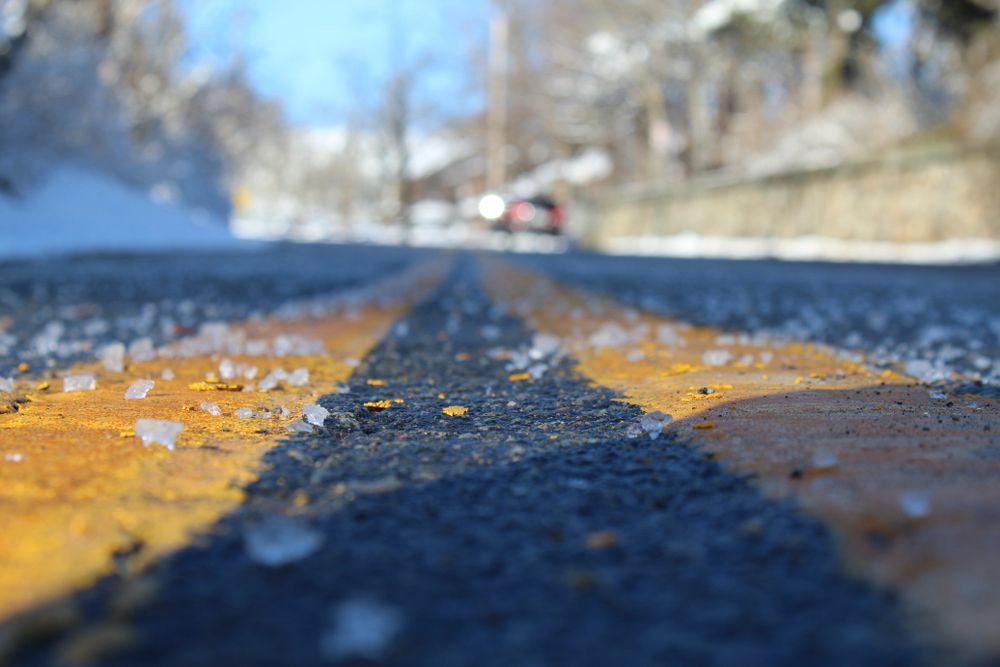
How to Prevent Salt Damage To Cars
Fortunately, preventing damage to your car’s paint from road salt is relatively simple. Before the winter season hits, get your car waxed. A good wax should last for three to six months, depending on environmental factors like where you store your car and how often you drive it. The wax provides a barrier to the road salt and your car’s paint, protecting it from excessive damage.
Another necessary solution is car washes. During the winter, you should wash your car frequently to remove all salt. A good rule of thumb is to wash it every month, but you should also hit the car wash a few days after a snowstorm. A car wash with an undercarriage option is ideal. Another preventative option is a clear vinyl wrap. This is by far the priciest option, but it lasts longer than a wax coat and requires less upkeep. Plus, it keeps your car’s paint looking as good as new all year long.
If you follow these suggested steps your car will be better protected to withstand rust damage down the road. Not only do these guidelines significantly lessen the process of salt damaging your car’s paint, but they also can stop rust from ever occurring if you are persistent. This adds to your vehicle’s value for resale and keeps your car in a safer condition.
We Can Help Fix Salt Damage on Your Car
Even though road salt is a helpful tool for winter driving, it is not a friend to your car’s paint. However, with a little forethought and preventative measures, you can keep your car’s paint safe this winter. If you have any questions regarding waxing or other car paint maintenance, feel free to
contact us here. We look forward to hearing from you.
Connect with us:
